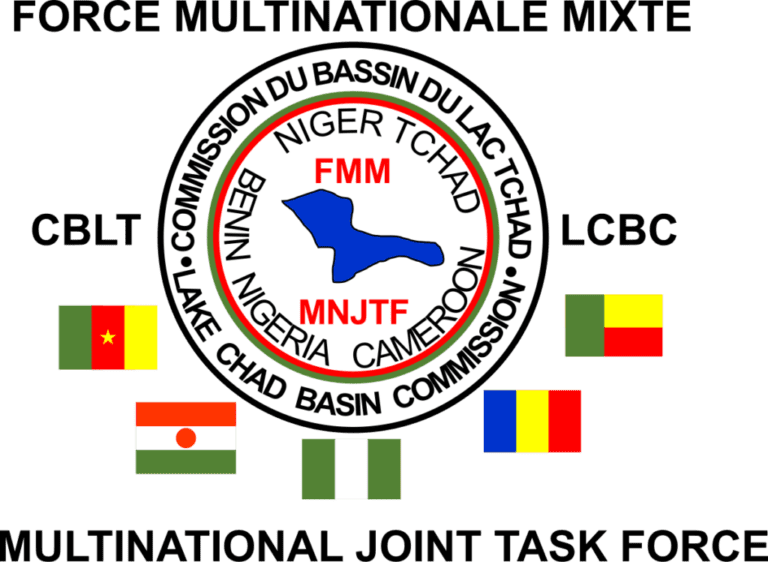In the aftermath of the recent attacks in the lake, Chad is considering withdrawing from the Multinational Joint Task Force (MNJTF), a force of the Lake Chad Basin Commission (LCBC) to combat Boko Haram and organized crime in the area.
A week after the attack by Boko Haram insurgents on a Chadian military base in the Lake Chad region, the Multinational Joint Task Force (MNJTF) is now in the sights of the authorities in Ndjamena.
In a press release published on 3 November by the Chadian Presidency’s Communications Directorate, Chad openly discussed the possibility of withdrawing from the force.
The text sent to APA, deplores the fact that the MNJTF, initially designed to coordinate efforts and
strategies to combat Boko Haram, is now in a state of “lethargy”.
The Presidency’s Communications Directorate highlights the lack of “pooling of efforts”, which, “unfortunately and as always”, is being felt on the ground in the face of Boko Haram. The press release also recalls that, for a week, the Chadian president has been present on the ground, in the Lake region, to lead the “Haskanite” operation against the terrorist group, without assistance from the MNJTF.
Created in 2015, the MNJTF brings together Cameroon, Niger, Nigeria and Chad, member countries of the Lake Chad Basin Commission (LCBC), to which Benin has been co-opted. Divided into four sectors, the force is
dedicated to the fight against terrorist groups active in the region.
In 2015, Chad and Niger suspended their participation in the MNJTF, denouncing “Nigeria’s inability to contain the insurgents on its territory.”
A withdrawal by Chad today would therefore be the second in less than ten years.
CA/ac/Sf/fss/as/APA


